elations between the United States and Brazil have taken a sharp downturn in recent days, with tensions rising over a growing political disagreement. What began as a series of public statements has now turned into a wider diplomatic rift, worrying analysts and affecting cooperation on key issues like trade, climate, and security.
What Sparked the Disagreement?
The conflict started when President Lula da Silva openly criticized the United States’ position on global issues, especially the war in Gaza. He spoke out against what he believes is the West’s failure to respond to the suffering of Palestinians.

Although Lula didn’t name the U.S. in every statement, many people understood his remarks as direct criticism of Washington’s strong support for Israel.
Lula has clearly said that the world needs to pay more attention to the humanitarian crisis in Gaza. But in Washington, officials described his comments as biased and one-sided, possibly supporting anti-Israel views.
American officials quickly pushed back, saying Lula’s words disappointed them. They warned that his statements could damage peace efforts in the Middle East and might even create more division instead of unity.
Impact on Diplomatic Ties and Cooperation
This new dispute has put a pause on several areas of cooperation between the two countries. Talks on trade and investment have slowed, and joint efforts on climate change an issue both sides previously agreed to work closely on are now less active.
Trade and investment discussions have lost momentum. Joint climate action which both nations had promised to work on together has also taken a backseat.

The two countries were planning major cooperation on protecting the Amazon rainforest and reducing carbon emissions. These projects are now uncertain.
There are also concerns in Brazil about how these tensions might affect military and intelligence-sharing programs, as both countries have previously collaborated on regional security and fighting organized crime.
Can Relations Be Repaired?
Despite the current tensions, experts believe the situation can improve if both sides choose to lower the heat. U.S. and Brazilian diplomats are reportedly still in contact behind the scenes, looking for ways to calm things down.
The two countries have a long history of cooperation, especially in areas like energy, environment, and regional peacekeeping. Analysts say that rebuilding trust will take time, but it is possible if leaders on both sides focus on shared interests instead of public disagreements.


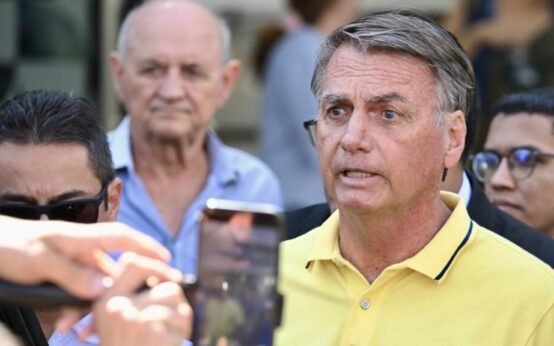 Brazil’s : Bolsonaro under 24-hour watch as flight risk
Brazil’s : Bolsonaro under 24-hour watch as flight risk 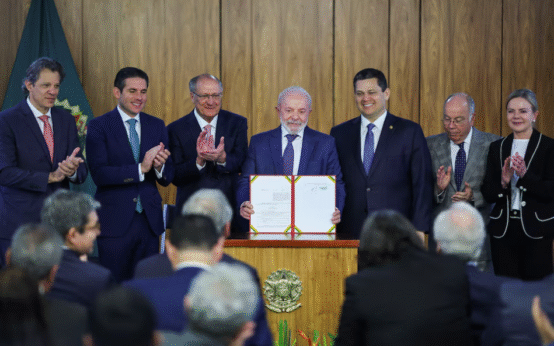 Brazil announces $5.5B package to counter Trump’s tariffs
Brazil announces $5.5B package to counter Trump’s tariffs 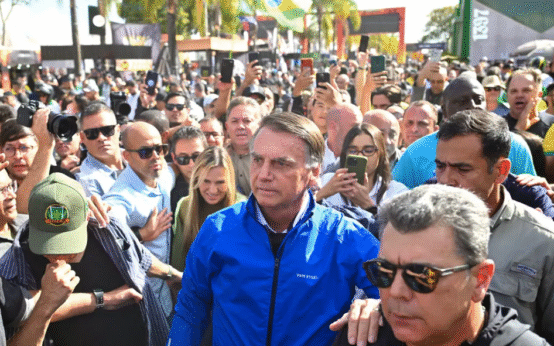 Brazil’s Supreme Court Puts Bolsonaro Under House Arrest
Brazil’s Supreme Court Puts Bolsonaro Under House Arrest 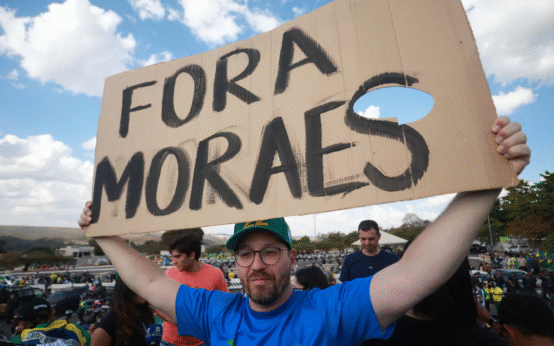 US Treasury sanctions Brazilian judge overseeing Bolsonaro’s trial
US Treasury sanctions Brazilian judge overseeing Bolsonaro’s trial 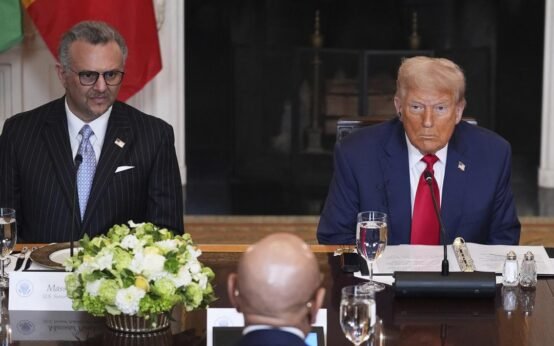 Trump Threatens Brazil with 50% Tariff Over Bolsonaro Trial
Trump Threatens Brazil with 50% Tariff Over Bolsonaro Trial 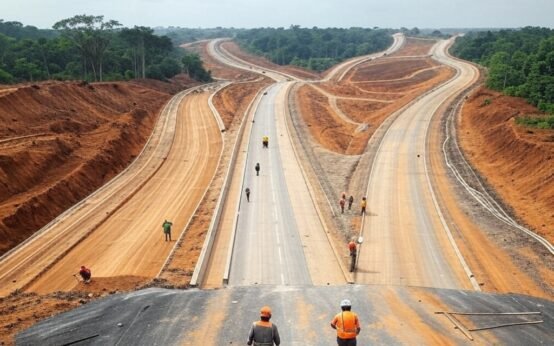 Why is Brazil Cutting Amazon Forest?
Why is Brazil Cutting Amazon Forest?